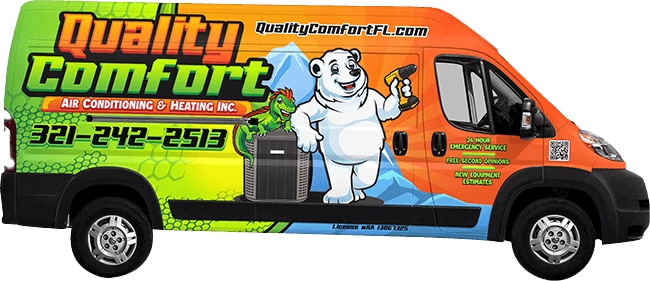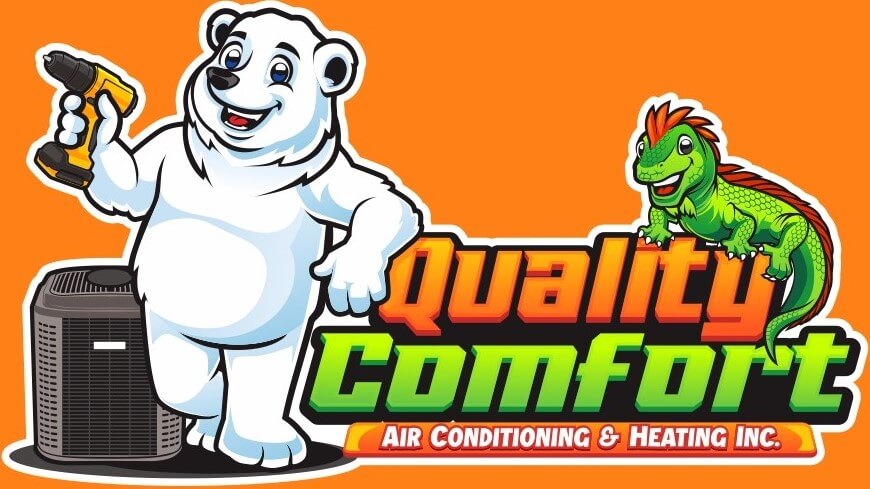


Did you know that proper residential air conditioning maintenance can significantly increase your system's efficiency, provide optimal comfort, and save you money on energy bills? This may seem like a tall order, but with the right knowledge and guidance, you can transform the way your AC system operates. Let's embark on a journey to explore expert tips on maintaining your residential air conditioning system for peak performance and cost savings.
Residential air conditioning systems, such as central air conditioners and heat pumps, are designed to provide cooled air to your home during the sweltering summer heat. These systems consist of an outdoor unit (compressor/condenser), an indoor unit (evaporator), and a series of ducts that distribute the cool air throughout your home.
As outdoor temperatures rise, so do the demands placed on your air conditioning system. By understanding the key components of your AC system and how they function, you can ensure that it operates at peak efficiency, ultimately reducing your energy costs and ensuring a comfortable living environment.
Routine maintenance is the cornerstone of an efficient and effective air conditioning system. By regularly performing tasks such as filter replacement and cleaning, coil inspection and cleaning, and fin care and repair, you can ensure that your central air conditioner operates at its best.
These simple maintenance tasks not only improve the performance of your AC system but also help prevent costly repairs and extend the life of your unit.
One of the most crucial maintenance tasks for your air conditioner is replacing or cleaning filters regularly. Clogged and dirty filters obstruct airflow, significantly reducing the efficiency of your AC system. Airflow obstruction can cause air to bypass the filter. This results in dirt being deposited directly onto the evaporator coil, reducing its heat-absorbing ability. It's recommended to clean or replace filters every month or two during the cooling season to maintain optimal performance.
Additionally, consider the filter's minimum efficiency reporting value (MERV) when selecting a replacement. MERV ratings range from 1 to 12 for home AC units, with higher numbers indicating better filtration efficiency. However, more efficient filters also require more energy to pull air through them. Balancing air quality concerns and energy costs is crucial when choosing the right filter for your needs.
Another essential maintenance task is inspecting and cleaning the coils of your residential air conditioning system. Properly maintained coils ensure that your system runs optimally and is not compromised by dirt and debris. To inspect and clean the condenser coil, check for dirt and debris, and remove any buildup. Similarly, inspect the evaporator coil for dirt and debris and clean it as needed.
Ensuring optimal airflow around the condenser unit is also vital. Clean the area around the coil, remove any debris, and trim foliage back at least 2 feet (0.6 meters) to maintain proper airflow and prevent potential damage to your air conditioning unit.
Fins are delicate components found on both evaporator and condenser coils that facilitate heat transfer. Unfortunately, they can become bent or damaged, impeding airflow and reducing the efficiency of your air conditioning system. A fin comb can be employed to disentangle bent fins. Wearing gloves for protection, use the fin comb to gently straighten bent fins and restore them to their original condition. By maintaining the integrity of the fins, you can ensure that your air conditioner operates at maximum efficiency.
In addition to routine maintenance, there are several strategies you can employ to maximize the energy efficiency of your air conditioning system. Using smart programmable thermostats, insulating attics, and keeping blinds down can all contribute to improved efficiency and reduced energy bills.
Smart thermostats allow you to customize temperature settings based on your preferences and schedule, conserving energy and reducing costs when no one is home.
While routine some maintenance tasks can be performed by homeowners, professional annual maintenance from Quality Comfort Air Conditioning And Heating Inc. is highly recommended. This service can extend the life of your AC unit, ensure comfort, reduce the necessity for repairs, enhance safety, lower utility bills, and improve indoor air quality. Professional annual maintenance includes inspecting filters and cleaning, coil inspection and cleaning, diagnosing common issues, confirming proper installation and sizing, and exploring additional cooling strategies.
Investing in professional annual maintenance can save you time, money, and peace of mind in the long run, ensuring that your air conditioning system operates at its best and remains a reliable source of comfort for years to come.
Occasionally, air conditioning systems may experience common issues that require troubleshooting. Clogged air conditioner drain lines can lead to water damage and indoor air quality issues.
To remedy this issue, inspect and clear any blockages in the condensate drain line, which can become obstructed by slime resulting from bacteria-containing condensation. It's a good idea to pour one cup of bleach or vinegar followed by 2 cups of water monthly to break down this bacteria.
Another common issue is an imbalance in central AC systems, which can be caused by closing too many interior doors or restricted grills. Ensuring proper airflow balance in your home can help prevent uncomfortable temperature fluctuations and improve the overall efficiency of your air conditioning system.
Proper installation and sizing of your air conditioning system are critical for optimal performance and efficiency. When selecting a new AC unit, pay attention to its seasonal energy efficiency ratio (SEER) and energy efficiency ratio (EER) ratings
An AC unit that is too small for your home can struggle to cool the air, leading to rapid wear and tear and difficulty meeting the thermostat's requirements. Consulting with a professional HVAC installation expert like Quality Comfort Air Conditioning And Heating can help you determine the correct size and type of air conditioning system for your home, ensuring optimal performance and longevity.
Proper residential air conditioning maintenance is essential for achieving optimal comfort, efficiency, and cost savings. By understanding the basics of your AC system, performing routine maintenance tasks, maximizing energy efficiency, and consulting with professionals for annual maintenance and service agreements, you can ensure that your air conditioning system operates at its best for years to come. Service agreements offer peace of mind and can potentially reduce costs associated with repairs and maintenance.
By investing in a service agreement, you can ensure that your air conditioning system receives consistent, professional care, helping to extend its lifespan and improve its performance. This proactive approach to maintenance can ultimately save you money and provide a more comfortable living environment for you and your family.
Take charge of your home's comfort and invest in the knowledge and strategies presented in this article. Your air conditioning system, your wallet, and your family will thank you for it!
Regular AC maintenance includes two essential components: changing the filters on a regular basis and cleaning both the condenser and evaporator coils. By keeping up with these tasks, you can ensure that your system is running smoothly and efficiently.
To ensure your air conditioner is running at its most efficient, it's best practice to get a tune-up at least once a year HVAC professional. During this inspection, your technician will check the refrigerant levels, inspect the components, and clean the system for optimal performance.
In Florida with the correct upkeep and maintenance of your central air conditioning system, you can expect it to last an average of 10 to 15 years.
With this in mind, you should factor in the cost and lifespan of your AC system when planning to purchase a new one.
The primary difference between AC and central air is the scope of each system. AC units cool individual rooms, while central air is designed to provide climate control for an entire home.